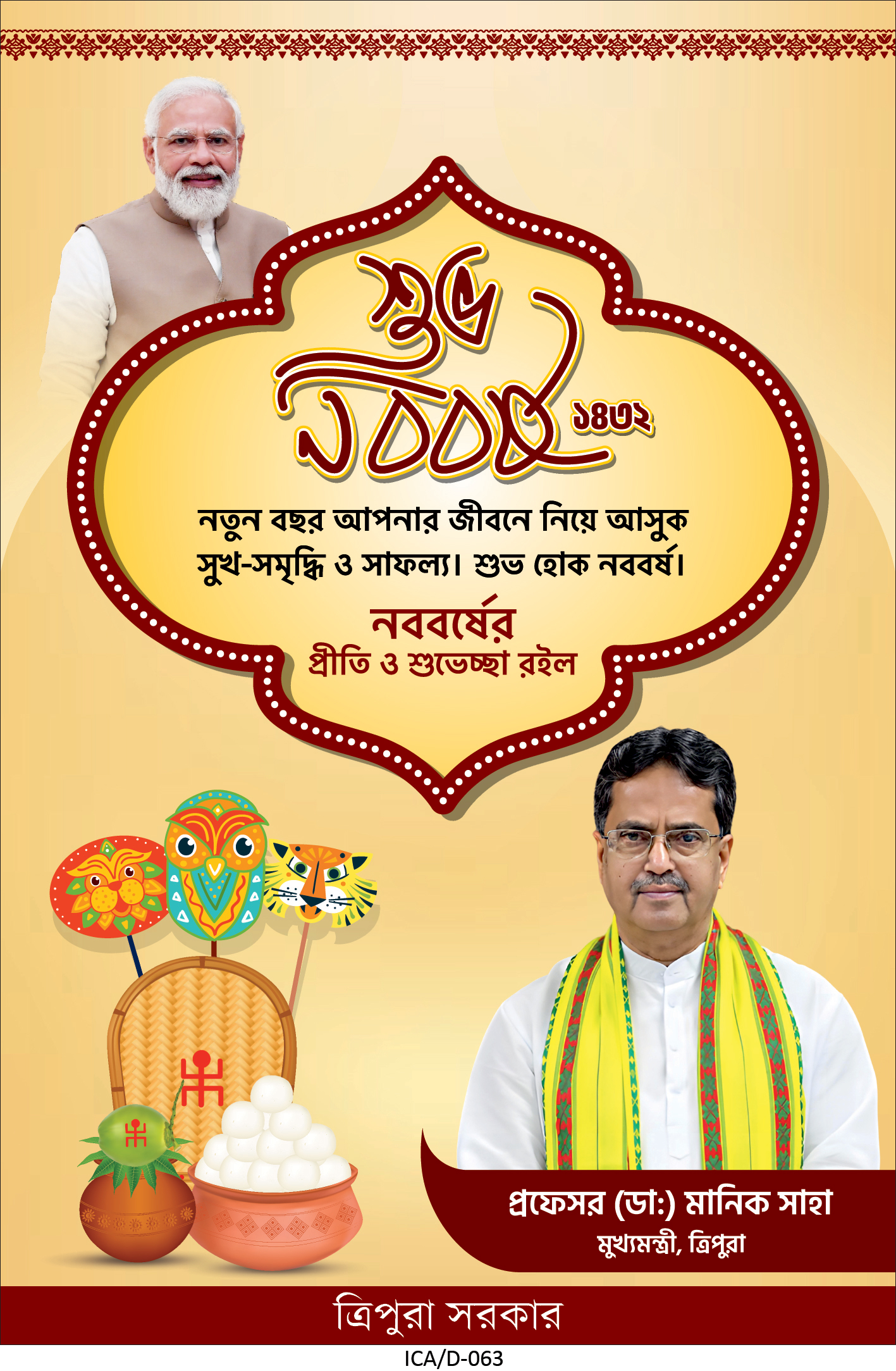Bangladesh’s interim Chief Adviser Dr. Muhammad Yunus will visit the UK from June 9-13, possibly meeting BNP’s Tarique Rahman. The visit includes talks on elections, governance, and diaspora engagement, amid rising political tensions and international scrutiny over Bangladesh’s democratic transition.
The Chief Adviser of Bangladesh’s interim government, Professor Dr. Muhammad Yunus, is set to visit the United Kingdom from June 9 to 13, marking his 11th overseas trip in as many months. While officially aimed at fostering bilateral and economic ties, Yunus’s visit is gaining attention for a possible confidential meeting with Bangladesh Nationalist Party (BNP) Acting Chairman Tarique Rahman—an engagement that could shift the course of the country’s fragile political landscape.
This visit comes shortly after Yunus publicly announced that the country’s national elections will be held in April 2026. The declaration has been met with skepticism and dissatisfaction from opposition factions, especially the BNP, who demand that elections be held by December 2025, or ideally, this year. BNP leader Tarique Rahman recently voiced his discontent during a virtual rally on May 28, stating that caretaker governments have a historic precedent of conducting elections within three months. He called for an end to what he described as authoritarian delay tactics and emphasized the urgent need for a free and fair electoral process.
The potential meeting between Yunus and Rahman holds weight not only politically but symbolically, as it may be an attempt to bridge a deeply divided political spectrum. However, sources close to the BNP have indicated that the party remains skeptical of Yunus’s leadership, accusing him of political “spin-doctoring” and failing to deliver meaningful reforms during his tenure. Adding further complexity, the Bangladesh military, led by General Waker-uz-Zaman, has reportedly pushed for elections no later than December 2025—setting firm boundaries for the interim administration.
Beyond Bangladesh’s borders, the British Bangladeshi diaspora, especially in cities like London, Birmingham, and Manchester, remain deeply invested in their homeland’s political future. Religion and a sense of justice are increasingly guiding the younger generation’s views, often contrasting sharply with the secular nationalism of their elders. The diaspora’s political activism is evident in recent discussions held in the British Parliament, where topics such as minority rights, law and order, and democratic reforms were fervently debated.
The Conservative Friends of Bangladesh hosted a pivotal meeting at Westminster on April 28 to discuss Bangladesh’s transition. Chaired by Lord Jonathan Marland and attended by senior British MPs including Richard Fuller and Bob Blackman, the event highlighted international concerns regarding the erosion of democratic norms in Bangladesh. Participants emphasized the need for a fair and inclusive electoral process, expressing a willingness to support democratic transitions and safeguard minority communities.
Similarly, a seminar chaired by Lord Alex Carlile on April 8 at the House of Commons delved into issues of human rights and governance. Speakers, including King’s Counsel John Cammegh, warned against the establishment of an International Criminal Tribunal against the previous Awami League-led government. Instead, they advocated for a Truth and Reconciliation Commission to prevent political vendettas and promote unity.
For Yunus, the upcoming London trip is as much about international diplomacy as it is about domestic legitimacy. While he is expected to meet UK Prime Minister Keir Starmer at 10 Downing Street on June 11, he will also be honored with the King Charles III Harmony Award 2025—an accolade that underscores his global image as a Nobel Laureate and reformer.
| Also Read: Trump vs Musk: Billionaire feud shakes space and stocks |
Key issues on the table will include cooperation on repatriating illicit capital allegedly laundered during the Awami League’s tenure, British technical assistance for ocean research, and broader support for the interim government’s reform agenda. In a recent meeting with British High Commissioner Sarah Cooke in Dhaka, Yunus emphasized the need for international technical collaboration, including British-led training programs.
Despite these diplomatic overtures, Yunus remains a polarizing figure back home. His decision to ban the Awami League—a party that had long criticized him—is seen by some as politically motivated. Critics argue that Yunus’s personal vendettas have contributed to the erosion of democratic norms in the country. Meanwhile, Western allies appear to be treading carefully, balancing concerns for stability with strategic interests.
As Yunus prepares for his London engagements, the stakes are high. His ability to garner international support, engage meaningfully with opposition leaders, and present a credible roadmap for elections will determine whether his interim government can navigate Bangladesh through one of its most uncertain political chapters.



